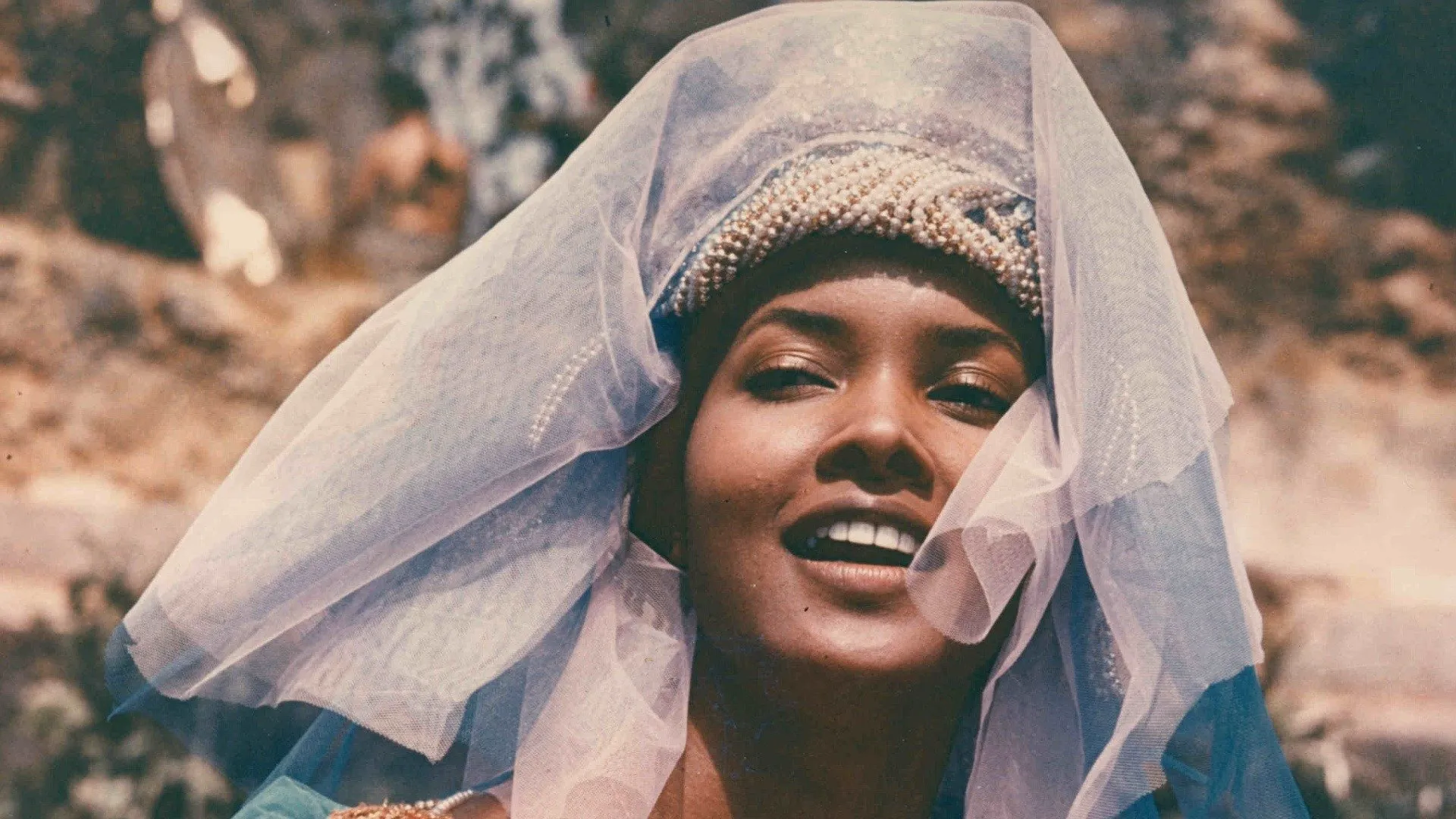
Film Review: Black Orpheus
Film Reviews
Black Orpheus
Director: Marcel Camus
This review coincides with a showing at Salt Lake Film Society’s Broadway Theater on Friday, May 19 as part of SLFS’s Music May series. Get tickets for showings here.
Greek myth has never gone out of style. From its ubiquity in renaissance art through reinterpretations by Shakespeare, Keats, Mary Shelley and too many films to count, very few sources have proven as apt for retellings and reimagining as those of the ancient Hellenic tradition. Few films, however, have done so with as much verve and style as Marcel Camus’s 1959 film, Black Orpheus (Orfeu Negro).
A loose retelling of the Orpheus myth with the roles filled by Black Brazilians during Carnival festivities, Black Orpheus supplants Orpheus’ lyre with an old guitar and his bardic poems with melodies by Antônio Carlos Jobim and Luiz Bonfá. Sun-drenched and soundtracked by lilting bossa nova and Brazilian percussion, much of the film’s runtime is dedicated to extended sequences of music, dancing and costumed celebration. For a story that must inevitably climax in a journey to the underworld of death, Camus’s version first draws us into the color, exuberance and lyricism of its character.
The film’s Orpheus and Eurydice exist in a space somewhere between adaptation and reincarnation. They know that they share their names with characters from Greek antiquity, but are they inhabited by their spirits? Cursed by the fate of all lovers crossed by the stars? Or are they somehow a perpetuation of a universal cycle of foolishness and faithlessness playing out again in mid-century Rio de Janeiro? Black Orpheus is vague in all of these respects and is better for it, but a sense pervades that the events are animated by the breath of the past and will restate themselves again and again in the future.
Black Orpheus’s final sequence is an atmospheric, expressionist descent into the symbolic underworld, the recently vibrant streets now littered with the debris of celebration and lit in an eerie, feverish red. Downward spirals and chthonic tokens guide Orpheus to the story’s dreamlike conclusion. It’s a demonstration of the power of imagery and iconography, an evocation of the universality of certain stories: In another place, in another time, perhaps millennia ago, another Orpheus faithlessly turns toward Eurydice. –Daniel Kirkham
Read more foreign film reviews
Film Review: One Fine Morning
Film Review: Les Olympiades (Paris, 13th District)
